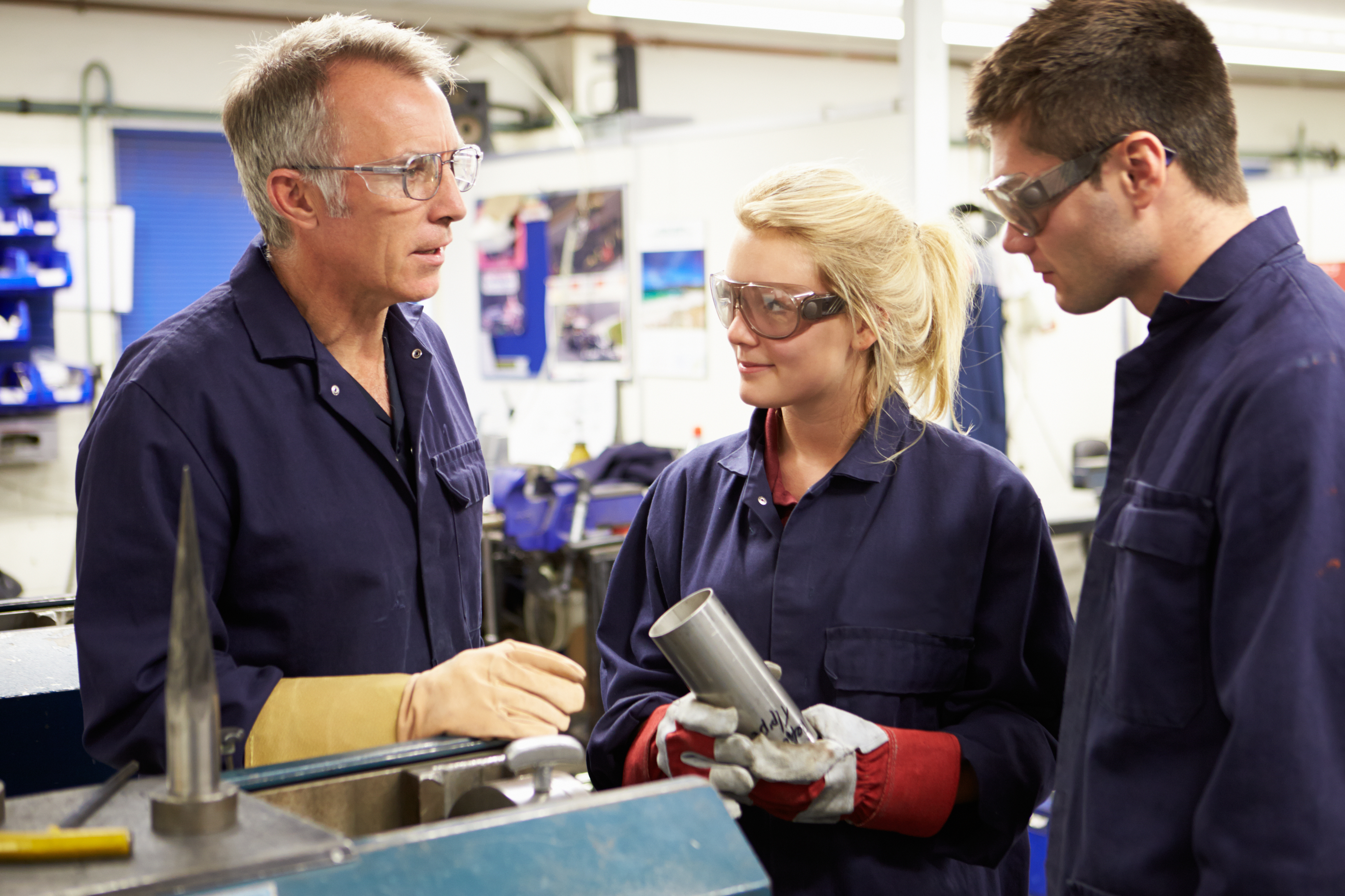Manufacturing highlights from Budget 2018
1 November 2018
The final Budget Statement before Brexit announced additional funding for R&D, a new tax on plastic packaging and more support for apprenticeship training.
Productivity
To help solve the productivity challenge, the Chancellor announced £1.6 billion of new R&D investment, including £1.1 billion for the Industrial Strategy Challenge Fund to support technologies of the future. Up to £121 million will go towards supporting the transformation of manufacturing through digitally-enabled technologies such as the Internet of Things and virtual reality.
Plastic
From April 2022, subject to consultation, manufacturers in the plastics supply chain will face a new tax on the manufacture and import of plastic packaging that contains less than 30 per cent recycled material.
Additional measures on plastic - including reform of the existing Packaging Producer Responsibility System - are expected later this year in the government’s forthcoming Resources and Waste Strategy.

Capital Investment
To stimulate capital investment through tax relief, from January 2019 the government will increase the Annual Investment Allowance from £200,000 to £1 million for two years for all qualifying plant and machinery.
Meanwhile, the Enhanced Capital Allowance scheme and first year tax credits for capital investment in energy efficient and water efficient equipment will end from April 2020, with the savings reinvested into an ‘Industrial Energy Transformation Fund’ to support high energy users with energy efficiency.
Elsewhere on energy, the government is continuing with plans to reform Climate Change Levy (CCL) rates paid through business energy bills, which aim to incentivise manufacturers to move from gas to electricity over the next few years.
Apprenticeships
To support smaller businesses taking on apprentices, the government will halve the cost of training and assessment from 10 per cent to 5 per cent from 2019-2020, with the government picking up the remaining 95 per cent.
Meanwhile, larger employers paying the Apprenticeship Levy will be allowed to transfer up to 25 per cent of their funds to pay for apprenticeship training in their supply chains.
Stephen Phipson, Chief Executive of EEF, the manufacturers’ organisation, said the Budget would largely be welcomed by manufacturers:
“As well as continuing commitments to invest in modern physical and digital infrastructure, the changes to annual allowances is significant at a time when business investment has been falling continuously since the referendum, while small companies in particular will welcome further changes to Apprenticeship funding.”

For the latest manufacturing news straight to your inbox, join the Manufacturing Network today